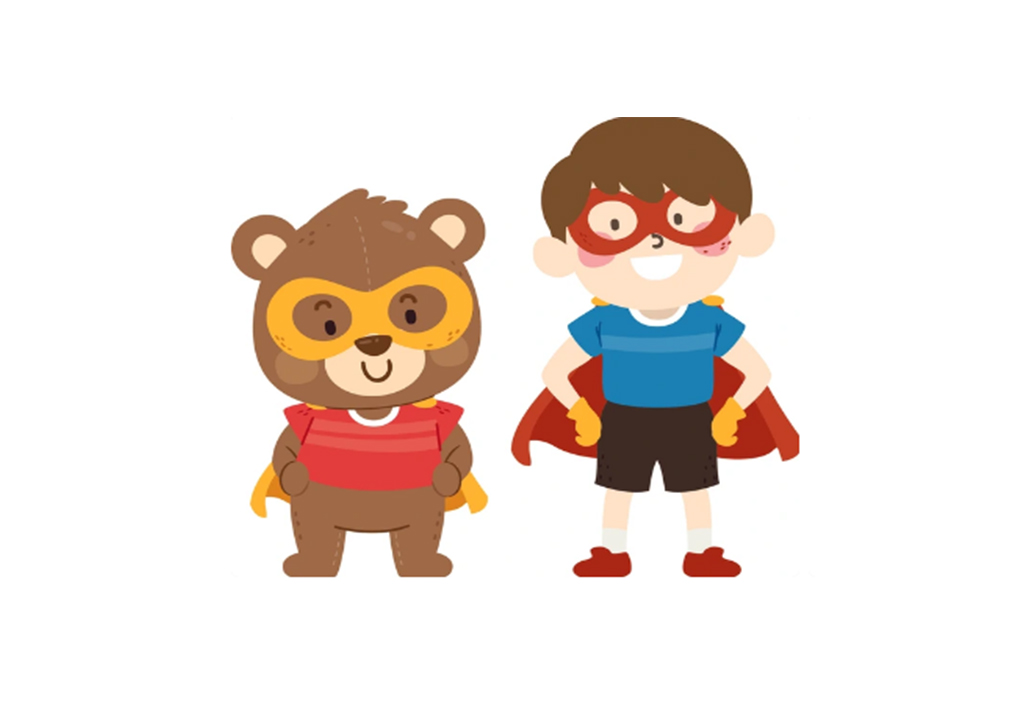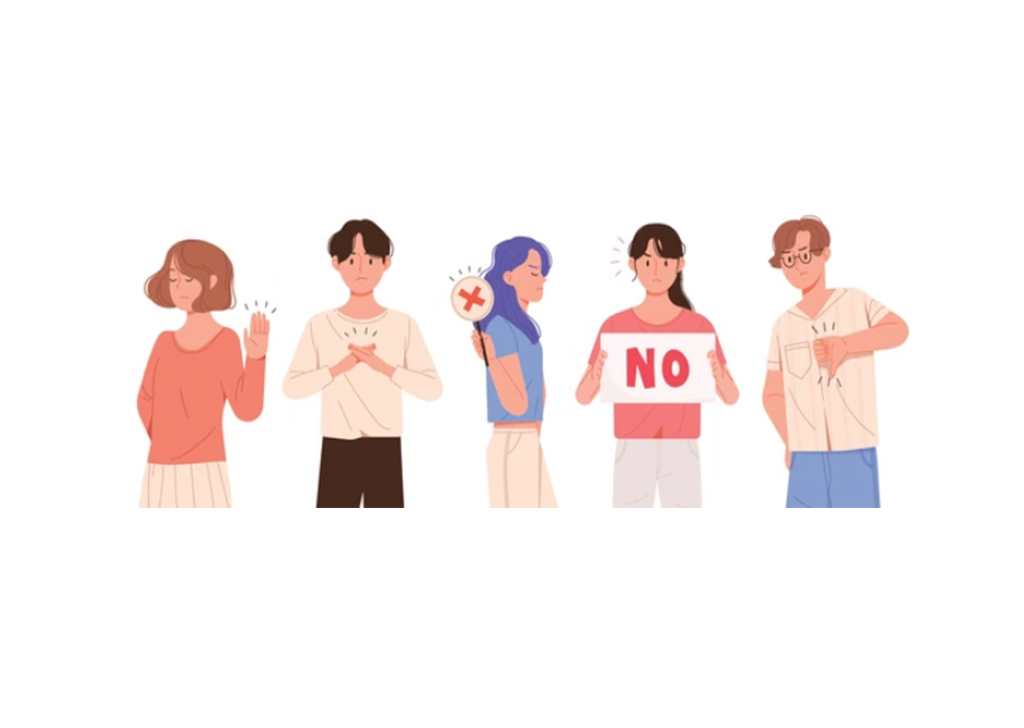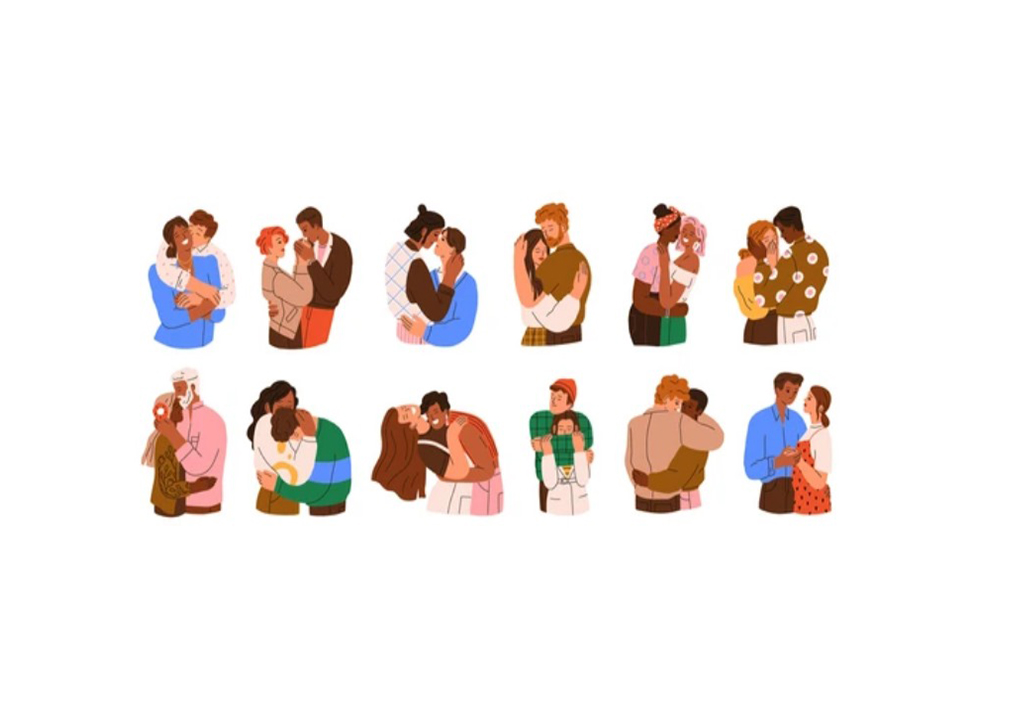The place of the imaginary friend in children
Imaginary friends are invisible characters with no objective basis that children usually develop between the ages of 3 and 7. These friends are usually people, but can sometimes be animals. Children often need imaginary friends when they feel lonely or want to improve their social skills.
Many studies show that imaginary friends have positive effects on children's development. For example, children with imaginary friends tend to be more social, creative and empathetic. They can also support children by reducing feelings of loneliness and contribute to their emotional development.
It is important to note that imaginary friends are a common phenomenon in children and are usually not a cause for concern. However, parents can sometimes be concerned about their child's imaginary friends. The best thing to do in this situation is to try to understand your child's imaginary friend and respect their feelings and thoughts.
If you feel that your child's imaginary friend is a bad influence or if you notice that your child is losing touch with the real world, it may be helpful to consult a professional. But in general, imaginary friendship is a normal process that helps children develop their imagination and social skills.
Hashtags
child therapy adolescent therapy family therapy online therapy child development child psychology imaginary friend psychological support
Categories
Family Pedagogical (Family-Child-Adolescent)







